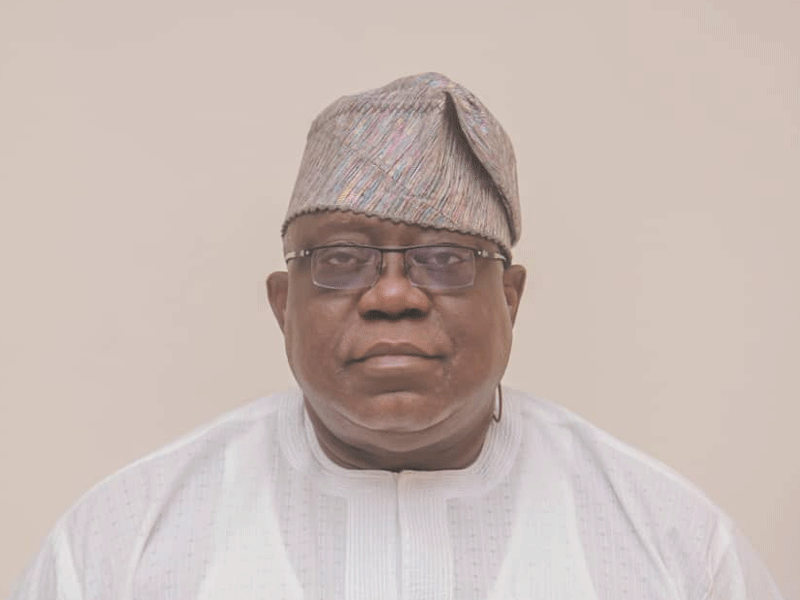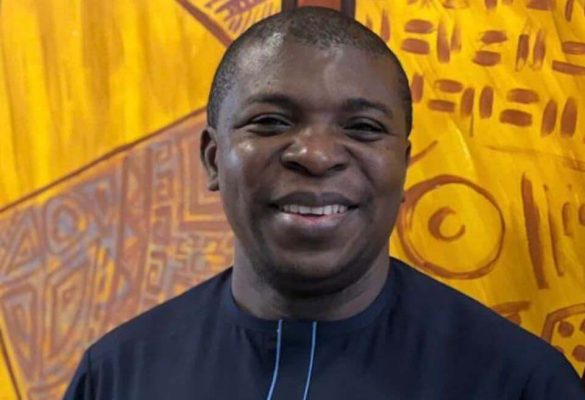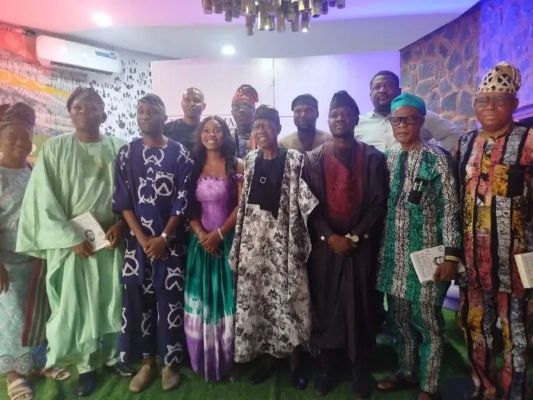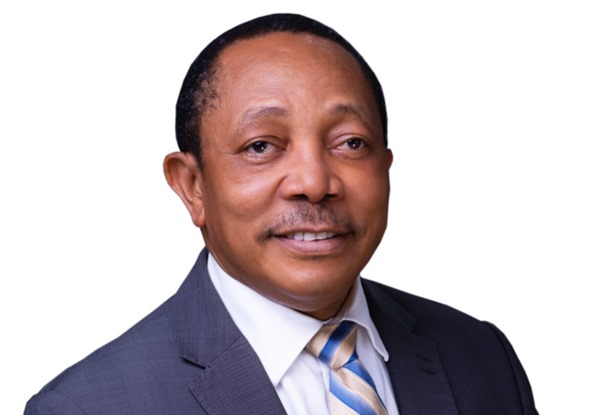The Chairman, Federal Civil Service Commission ( FCSC), Prof. Tunji Olaopa, has disclosed how his early years in Okeho, a community in Oyo State, greatly impacted his vision of public service.
Olaopa made the disclosure in a goodwill message to the Okeho community as it celebrates the 2025 Okeho Day. The celebration which began on Sunday November 23, is scheduled to end on Saturday November 29.
In the message specifically addressed to His Royal Majesty, Oba Dr. Rafiu Osuolale Mustapha Adeitan II, the Onjo of Okeho, Olaopa felicitated him and the executives and all members of the Egbé Qmo bilệ Ökeho for not only putting this brilliant and communal programme together, but for also yearly facilitating the developmental progress of Okeho as a town that is breaking forth into national reckoning.
According to Olaopa, Ökehò holds so many memories for him. He said that it constituted a significant part of his upbringing and sociocultural heritage.
“I am very lucky to have been born and raised within the confluence of Yorùbá cultural heritage located first at Ökehò and then later at Aáwę. Ori ní mo fi rìn wọ Okeho – it is a town that contributed a lot in defining the understanding of my root and where I would be today. I grew up in Isale Alubo, and got immersed in the deep cultural ferment at Ökehò that was representative of the Ali Mazrui’s triple heritage framework that brought Christians, Muslim and traditional Yorùbá together in deep communal relationship. I also had a one-year stint at Ökehò-Igànná Grammar School, and my deep Christian foundation began taking root from my Baptist grounding at First Baptist Church, Isia, Okeho”, he said.
He noted that what specifically defined his vision of public service was derived from watching closely his father’s experience in public service. He recalled his father’s passionate commitment to his duties in Okeho as a sanitary inspector.
” It was a duty he took as a calling. I grew up, from 1959 to 1974, recognizing the passion of Babá W’olé W’olé (as my father was called then) for the health and hygiene of a town, and how that was one of the most basic and fundamental responsibilities that the government owes its people”, he said.
That exemplary commitment, according to him, has grown over time with the deep influence of legendary Ökehó sons and daughters he knew while growing up in that community. They included “the renowned Alhaji (Chief) Shittu Akanbi Gbenusola Olopoenia family and his immense industry and philanthropic sensibility. And when I eventually met Dr. Razaq Olopoenia- the Okeho indigene as my teacher at the Department of Economics, Faculty of the Social Sciences, University of Ibadan – my deep impression about the family as a community exemplar became even more heightened. And so, from the Olopoenia to Prof. Segun Gbadegesin (emeritus professor of Philosophy at Howard), Mr. Moyo Ajekigbe (former MD of First Bank, Plc.), and many others, I picked the deep sense of commitment and diligence that has become the hallmark of my public service orientation and institutional reform advocacy.”
According to Olaopa, a very significant dimension of his institutional reform measures is the need for a sound and functional educational framework that would serve as the fulcrum for communal, regional and national transformation. Thus, he is genuinely elated at the idea of the Federal University of Agriculture and Technology, Okehó (FUNATO) .
He described this “as one of the foundational and fundamental bases by which our beloved town would again make its impact felt across the Nigerian national space. Such specialized universities have a unique place in Nigeria’s developmental quest for progress in a world that has started exploiting the benefits of the fourth industrial revolution. Such a specialized university in Ökehò translates into a deepening of the relevance of our town and Oke Ogun as a whole as an economic corridor that contributes to the Southwest’s and Nigeria’s desire for self-reliance.”


















Leave a comment